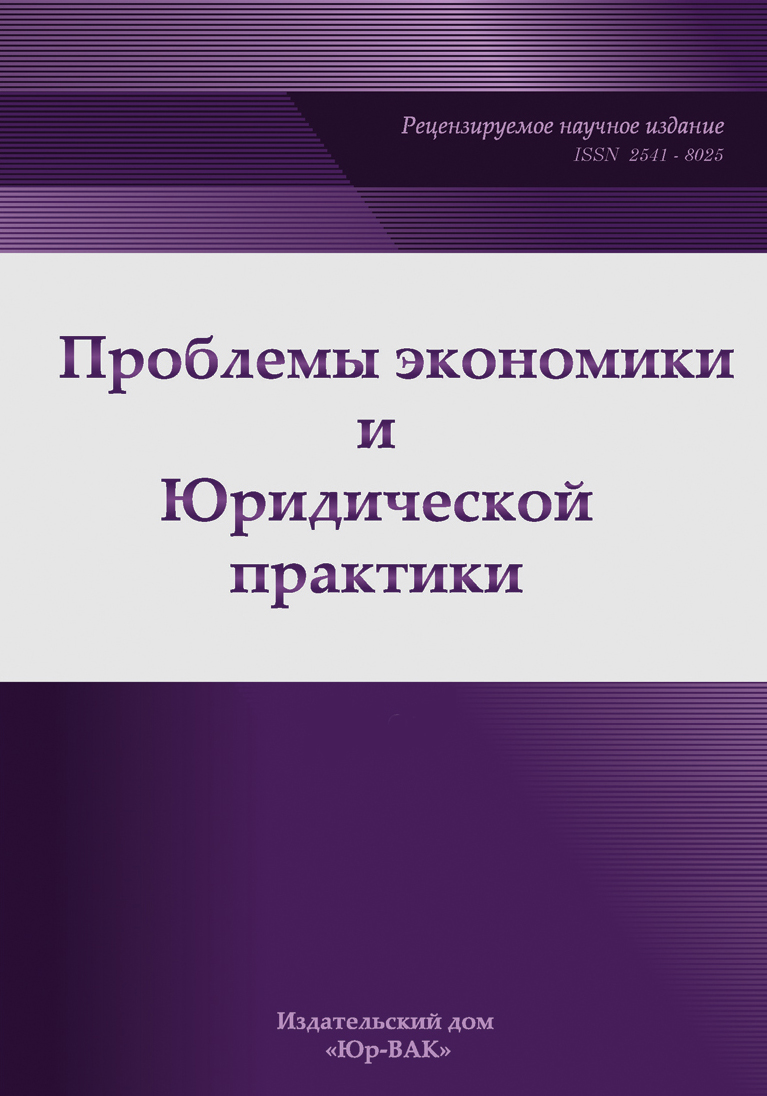The Impact of the Staff Training Structure on the Region's Socio-Economic Dynamics
- Autores: Safiullin M.R.1,2, Shugaepova A.A.1, Ivanova A.R.1, Gudyaeva L.A.2
-
Afiliações:
- Kazan (Volga Region) Federal University
- Center of Advanced Economic Research in the Academy of Sciences of the Republic of Tatarstan
- Edição: Volume 18, Nº 6 (2022)
- Páginas: 245-259
- Seção: Articles
- URL: https://journals.eco-vector.com/2541-8025/article/view/545931
- ID: 545931
Citar
Texto integral
Resumo
Sobre autores
Marat Safiullin
Kazan (Volga Region) Federal University; Center of Advanced Economic Research in the Academy of Sciences of the Republic of Tatarstan
Email: lyuciya.abdullina@tatar.ru
Dr. Sci. (Econ.), Professor, vice-rector for economic and strategic development; Director Kazan, Russian Federation
Aliya Shugaepova
Kazan (Volga Region) Federal University
Email: aliashugaepova@kpfu.ru
Cand. Sci. (Econ.), Associate Professor, Head of Sector for liaison with ranking agencies, analytical department of the Center for perspective development Kazan, Russian Federation
Alina Ivanova
Kazan (Volga Region) Federal University
Email: alinrivanova@kpfu.ru
specialist of the research sector for territorial university leadership of the analytical department of the Center for perspective development Kazan, Russian Federation
Lyudmila Gudyaeva
Center of Advanced Economic Research in the Academy of Sciences of the Republic of Tatarstan
Email: l.gudyaeva@tatar.ru
Postgraduate student, senior researcher in the department of macro research and economic growth of the Center of Advanced Economic Research Kazan, Russian Federation
Bibliografia
- Bakusova D. L. Organizational and economic conditions of higher education orientation to the regional labor market: abstract of the diss… Candidate of Sciences in Economics / Lomonosov Moscow State University. Moscow, 2006. pp. 27.
- Blinova T.N., Fedotov A.V., Kovalenko A.A. The structure of personnel training within getting higher education meets the needs of economy: problems and solutions // University Management: Practice and Analysis. 2021. iss. 25(2). pp. 13-33.
- Zborovsky G. E., Shuklina E. A. Professional Education and Labor Market // Sociological Studies. 2003. No 4. pp. 99-106.
- Ilchuk S.B. Demand for a graduate in the labor market as an indicator of effective activity of a modern university // The Journal of Sociology and Social Anthropology. 2008. Vol. XI. No 1. pp. 191-200.
- Khlabystova N. V. Interaction of institute of higher vocational education and the labor market in modern Russian society (the Krasnodar Territory as an example) // Bulletin of ASU. 2015. iss. 1 (156). pp. 151-157.
Arquivos suplementares









